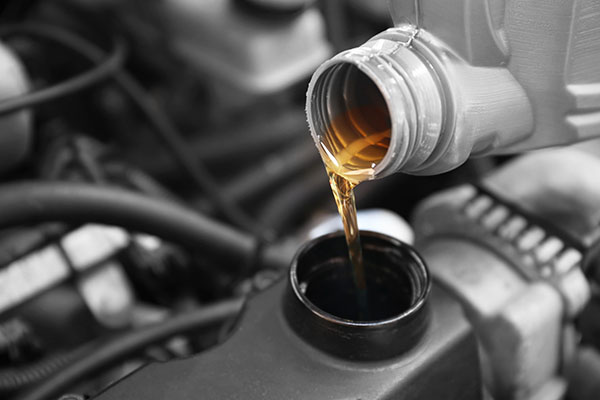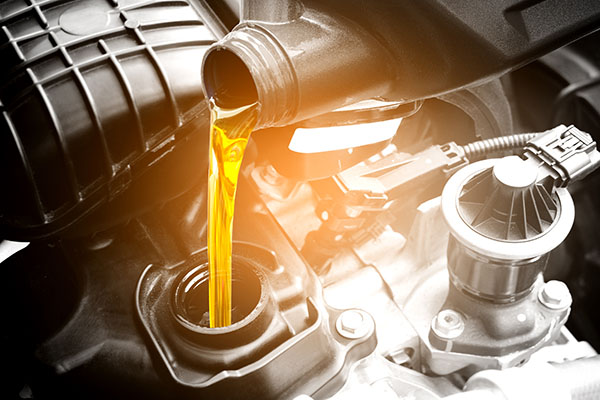
One of the most essential components in your car is the engine oil. It plays an essential role in the overall performance of your vehicle. It ensures your car runs optimally. When there is an issue with fluid leaking, there is often a problem behind it that may need your attention.
The engine works as a heart of a vehicle. It’s the central hub that keeps connected various other components that work together to keep the car in motion. With the continuous motion of all engine components, there is a lot of friction that occurs. To reduce the friction between components of the engine, the oil acts as a lubricant.
It’s, therefore, necessary to ensure you use top-quality engine oil so that it can keep lubricating all other components to help them work properly. Engine oil must change periodically. The recommended timespan is every five months or every 5,000 miles. If you fail to change within that period, it could lead to increased friction which will cause deterioration within the engine.
If you forget to change the oil on time, there can be some consequences. First off, as the oil ages, it becomes more sticky and no longer lubricates the engine as it should. Mechanics refer to this as “dirty” oil because the oil has taken on dirt and grime from the engine. Missing an oil change regularly or even just delaying it past the recommended time can result in oil leaks. You might see the evidence of this if, after the car has sat, there is a brown patch on the ground under where the vehicle was parked. Nowadays, it could be difficult to spot it due to a cover underneath the car’s engine, making it challenging to observe an engine oil leak.
You may have to go with a thorough or deep inspection. Simply by popping the car’s hood and checking the vehicle’s engine if it is covered with oil or small patches collected around its engine, your vehicle is experiencing leakage. Here are some common repairs for oil leaks.
Worn Out Gaskets and Oil Pans
The oil used in the engine for lubrication is held in place and then pumped by a pan and gaskets. These are located under the engine. So if you often drive on rough and broken roads with lots of bumps in the way, this could damage the pan and gaskets, which results in oil leakage.
Incorrectly Installed Engine Oil Components
Your vehicle could face engine oil leakage issue if the vehicle’s oil pan and gaskets are not fitted appropriately or too tight. While fitting them, it’s necessary to distribute the tightness equally.
The oil filter is fitted loosely or not adequately; it could cause oil to leak when it flows into the car’s engine.
Defective Valve Seals and Rings
The defective valve seals and rings could result in small oil leaks. Often you can observe oil leaks while the car is in motion. If this happens, you may notice a strong burning odor due to heating. It could further damage other components of an engine.
Not addressing an oil leak can cause you to have to replace the entire engine in your car. The best practice is to keep up on your oil changes and inspect to ensure the oil at the right level. This can help avoid an unexpected and costly repair. If you are experiencing an oil leak, contact us at Auto Excel and make your appointment.



